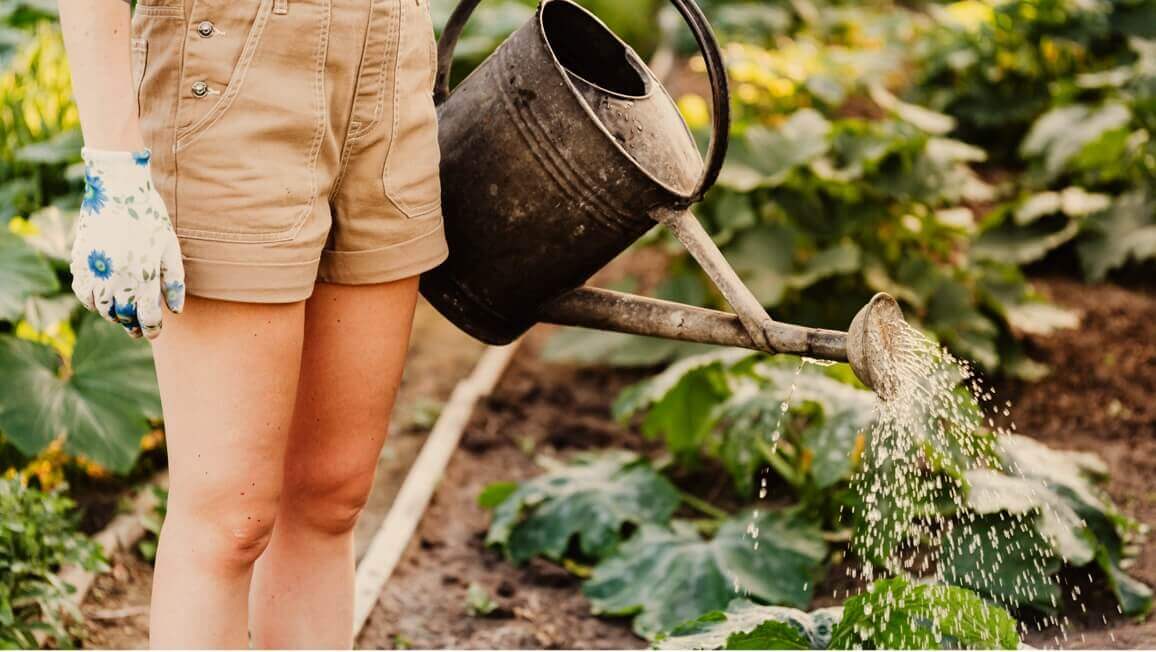Roosevelt University Laker Union Pantry
At Roosevelt University's Food and Hygiene Pantry, we are committed to ensuring that no student, staff member, or community resident in need goes hungry or without essential hygiene supplies. Our pantry is open to all, with a special focus on serving college students who may face financial barriers, veterans, LGBTQ+ individuals, and younger families who rely on our support to supplement their basic needs. By providing both food and hygiene products, we aim to create a safe and welcoming environment where everyone has access to necessities. Over the past year our pantry has grown immensely, reaching more students and creating a larger impact, and thus as we further our reach the more capacity we need. We prioritize sustainability and accessibility by offering a range of items that cater to different dietary and cultural preferences. We especially appreciate donations of healthy, fresh foods, including fruits, vegetables, dairy, and grains.
Additionally, donations of kosher, halal, vegetarian, and gluten-free items are highly valued to accommodate our diverse population. In addition to food, toiletries such as shampoo, soap, toothpaste, laundry detergent, and other hygiene products are in high demand, especially as students return to campus. These donations go a long way in supporting those who are struggling to meet their basic needs. We kindly ask that all donations be made via delivery, as we currently do not have the capacity for pick-ups. We are deeply grateful for the community’s continued support in making our pantry a reliable and essential resource for those in need.
This listing was last updated Feb 10, 2025
Want an email when this food pantry updates their hours or other information?
Follow for Updates